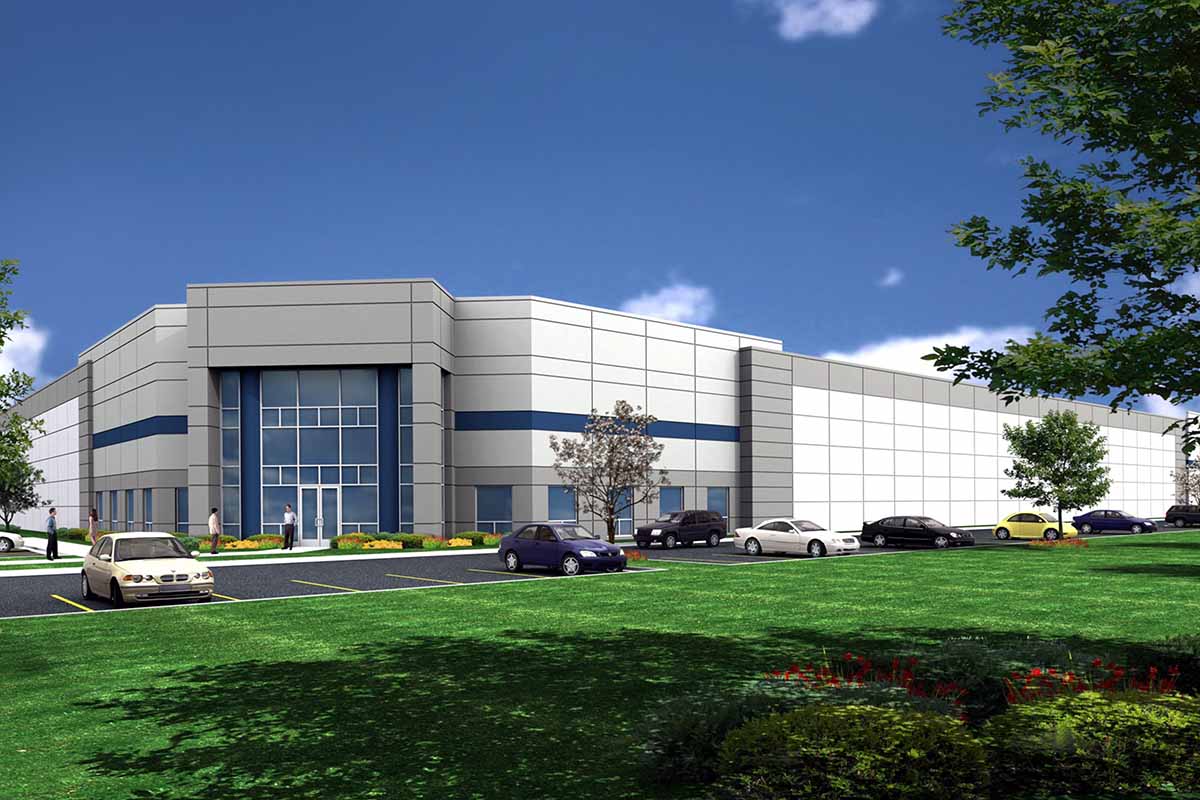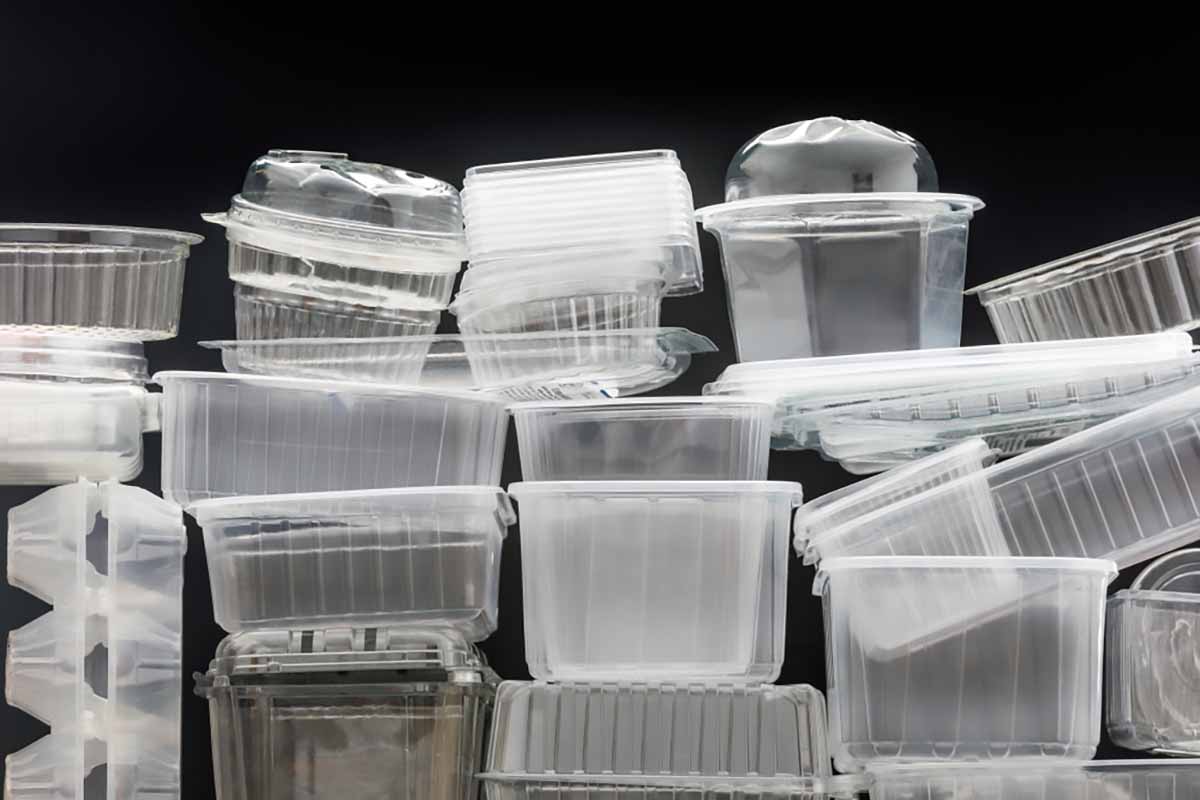
Court records show that the new owners of Pinnpack plan to invest millions in the company. | Valery Evlakhov / Shutterstock
A federal judge approved a $9.6 million purchase bid for Pinnpack, allowing the California recycled PET thermoform manufacturer to remain operational.


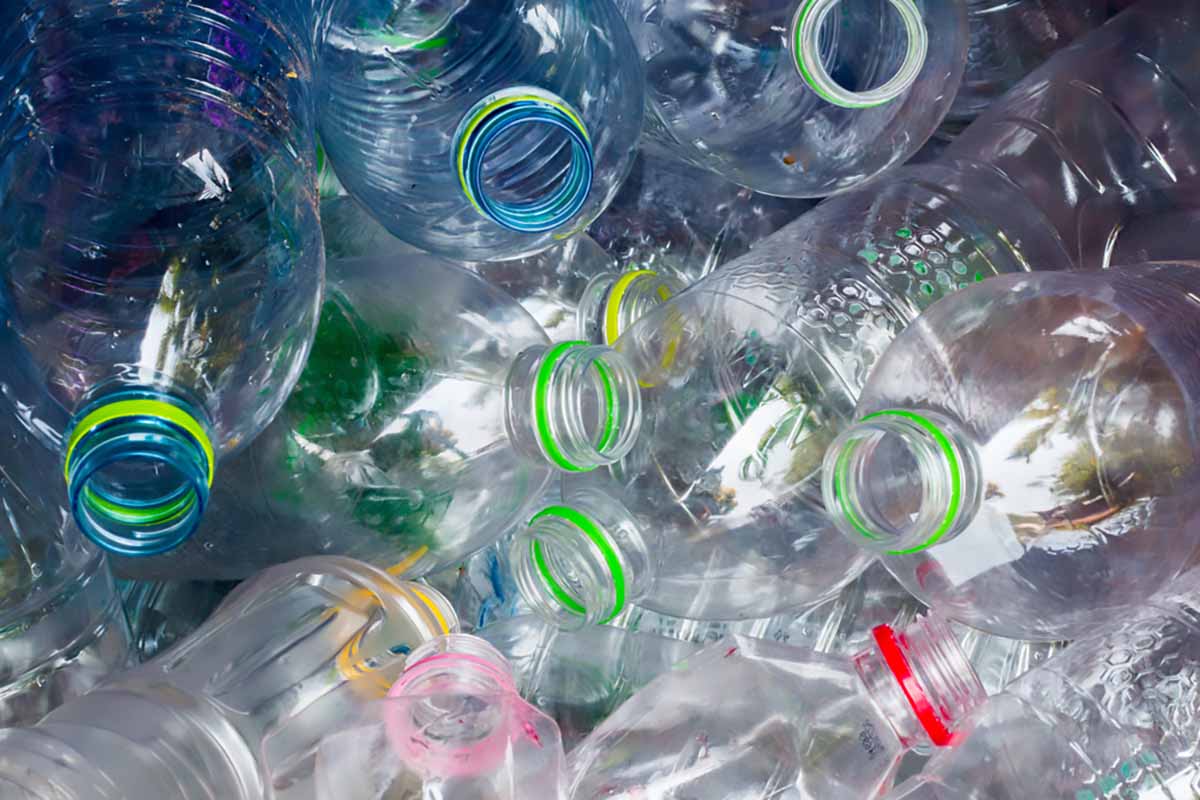
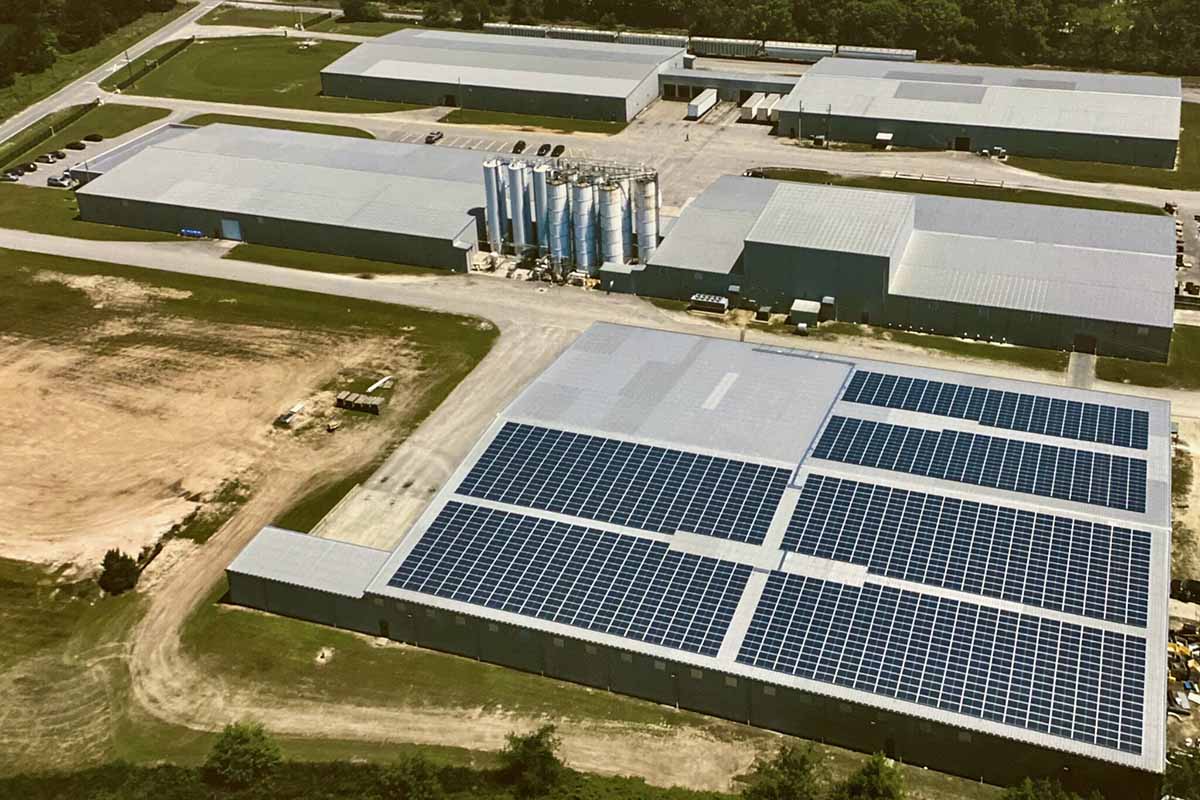
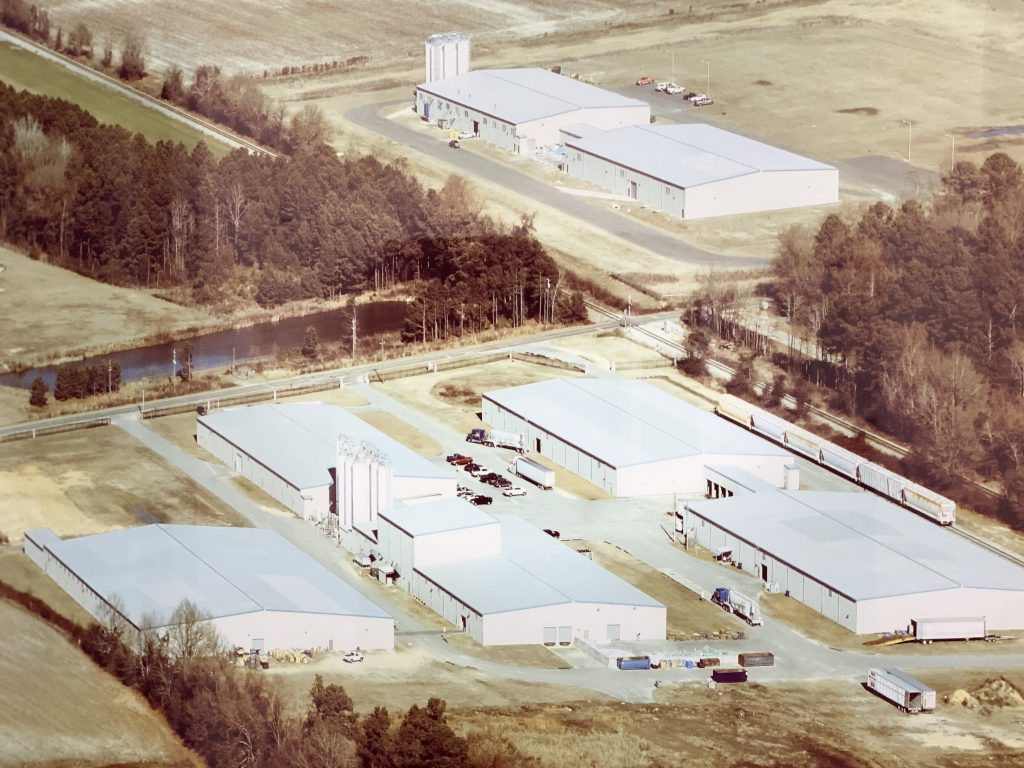
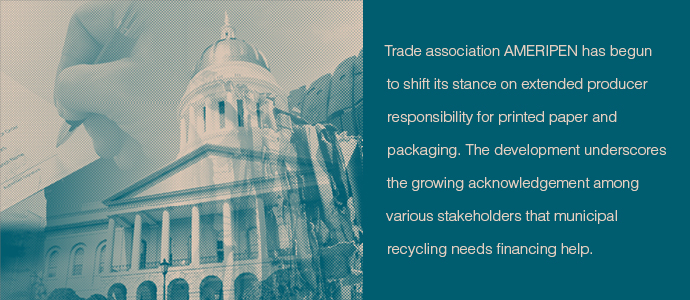
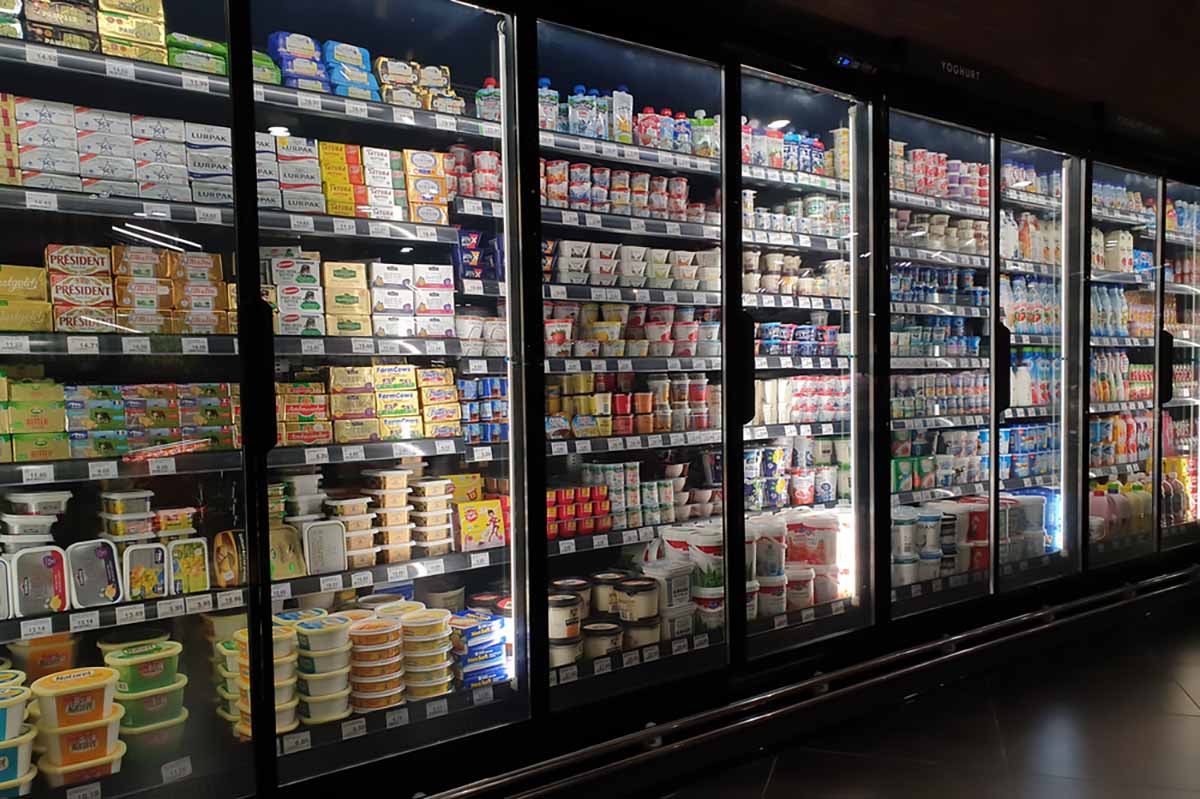
 The price of post-consumer PET bales rose 37% over the past month. Meanwhile, the price of natural HDPE scrap crossed the $1 threshold for the first time.
The price of post-consumer PET bales rose 37% over the past month. Meanwhile, the price of natural HDPE scrap crossed the $1 threshold for the first time.